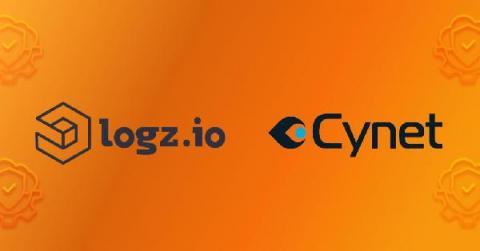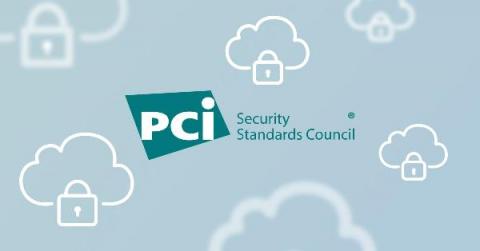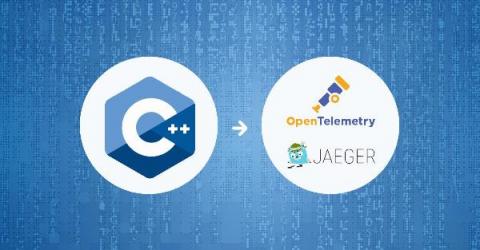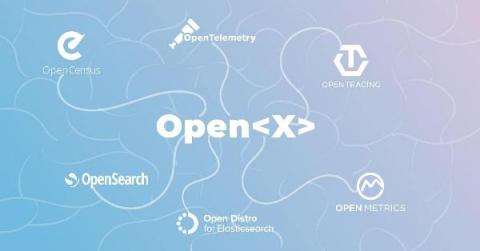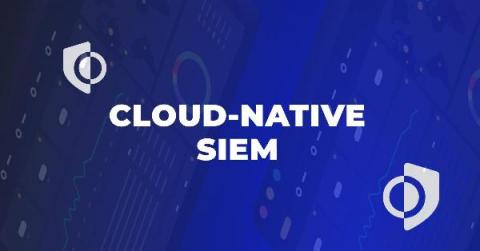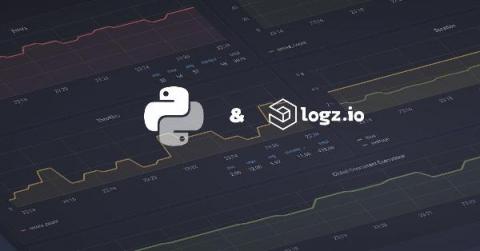Modern Security Monitoring Demands an Integrated Strategy
The ultimate success of any security monitoring platform depends largely on two fundamental requirements – its ability to accurately and efficiently surface threats and its level of integration with adjacent systems. In the world of SIEM, this is perhaps more relevant than any other element of contemporary IT security infrastructure.


